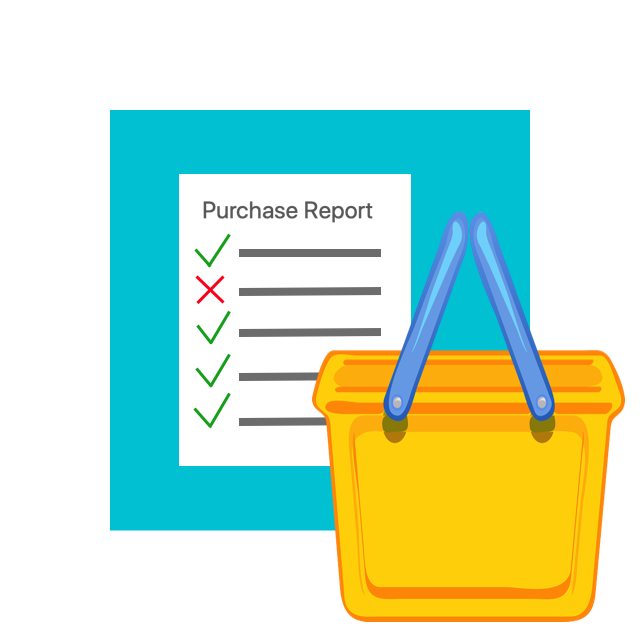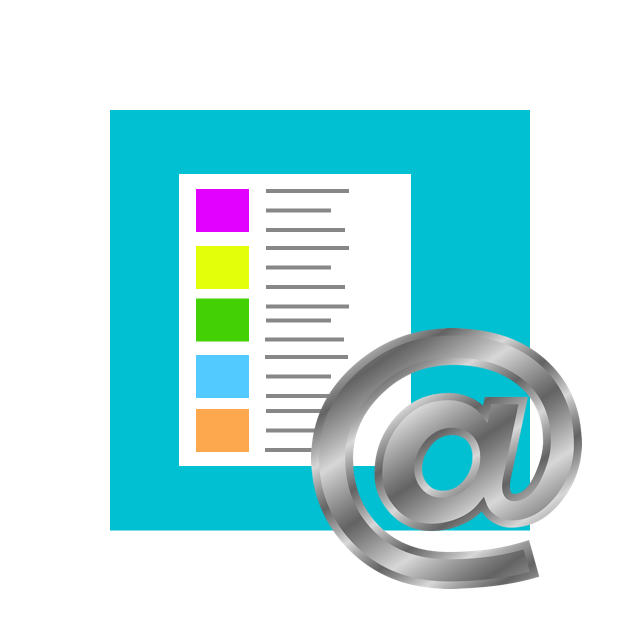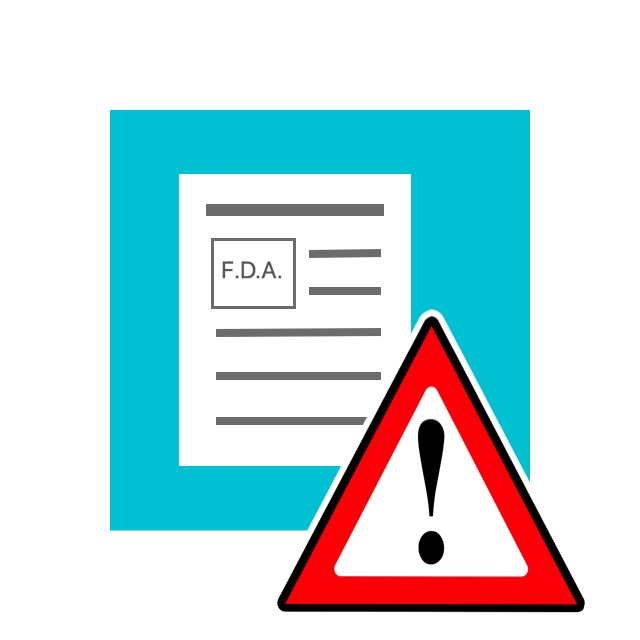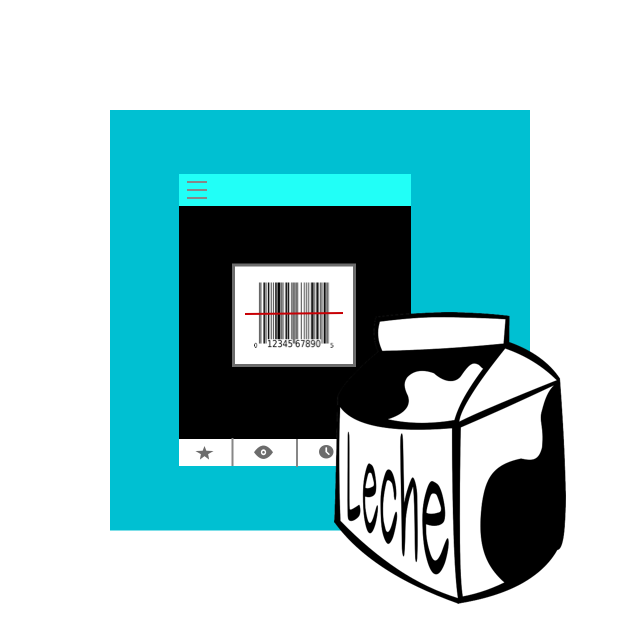
Lizzie Reynolds is a travel agent who plans trips for her clients to Disney World and Disneyland. She told Insider that she specializes in booking travel for people with food allergies. Reynolds shared advice on navigating Disney with allergies,
READ ARTICLE HIDE ARTICLE
Lizzie Reynolds is a travel agent who plans trips for her clients to Disney World and Disneyland.
She told Insider that she specializes in booking travel for people with food allergies.
Reynolds shared advice on navigating Disney with allergies, from what to pack to where to eat.
For travel agent Lizzie Reynolds, Disney is magical. And not just because of Cinderella's castle or adrenaline-inducing Space Mountain. Rather, for the chefs and their eagerness to create dishes for all visitors, including those with food allergies.
Over a decade ago, Lizzie Reynolds made her first trip to Disney World on a family vacation with her husband and her 4-year-old daughter.
Reynold's daughter has severe food allergies to dairy and nuts, and as a result, Reynolds told Insider she found it difficult to plan vacations in the past due to struggles finding restaurants that had dairy-free and nut-free menus.
Reynolds said a friend urged her family to go to Disney World. Initially, Reynolds "didn't want to buy into the whole Disney thing," and essentially didn't understand the hype around the theme parks.
Then, she took her friend's advice, planned a trip, and experienced Disney's magic firsthand.
Reynolds said chefs at Disney's restaurants were not only willing but excited to create her daughter personalized, allergy-free meals. Meanwhile, every quick-service stand had information on the food it served, and her daughter was able to eat snacks and meals carefree for the first time.
As a mom, Reynolds didn't have to plan, cook, or pack meals for the trip. "I cried when we were coming home because it was my first real vacation from the kitchen," she said.
Reynolds realized that other travelers with food allergies should know how enjoyable it is to vacation at Disney, so, she launched her own travel agency, Pixie Lizzie, eight years ago. Her team caters to all travelers both with and without food allergies, but Reynolds and a couple of select agents work specifically with clients who have food allergies. Reynolds also added that although her team books a majority of Disney trips, Pixie Lizzie is not directly affiliated with Disney.
Today, Reynolds has visited Disney World and Disneyland dozens of times and helps plan trips for hundreds of travelers with allergies.
No matter the allergy — whether it's soy, gluten, nuts, dairy, or something else — Reynolds said Disney is the best place to vacation.
Reynolds' first piece of advice to travelers with allergies is to book a trip with a knowledgeable travel agent.
Reynolds said if you're planning a trip to Disney and have food allergies, work with one of the few travel agents who specialize in the topic.
This will remove some of the traveler's stress and also save time researching and planning the best places a traveler can visit with their personalized allergies.
Reynolds said it's her job to create vacation itineraries that revolve around the client and their dietary needs. She said she's not only able to create hotel and restaurant reservations at the best places for allergies, but she's also able to pinpoint specific eateries where visitors can grab a quick bite in each and every Disney park.
Whether it's a food cart, kiosk, or quick-service restaurant, visitors can ask a worker for an allergy binder in Disney parks.
When you arrive at any restaurant, quick-service eatery, or snack stand at Disney World or Disneyland, you can ask for a food allergy binder. Reynolds said it's an individualized binder that has information on all the foods and ingredients served at a specific eatery.
Reynolds said the allergy binder is a helpful resource, but added that guests need to ask Disney's employees for more information.
For instance, a food allergy binder will tell you that a Disney-shaped pretzel contains wheat, but it won't give you information on things like where it was heated up or the potential for cross-contamination.
Unfortunately, Reynolds said the binders are not published online, and Disney doesn't publicize them on its website or at its eateries. But she said she's never been to an eatery that doesn't have a binder or information on what ingredients are in the food being sold.
But don't stop there. Reynolds said guests with allergies should always — always — speak to the chef.
Reynolds' biggest piece of advice is to always place your order through the restaurant's chef, not the server.
"If you carry an EpiPen, do not order through the [waiter or waitress], order through a chef. Always," she said.
When you get to a Disney restaurant, Reynolds said you can politely ask your server to speak to the chef directly. This ensures that you or the person with food allergies gets the safest meal possible, she said.
Reynolds also suggests packing disposable food allergy cards.
An allergy card is a piece of paper that outlines everything a person is allergic to. Reynolds said over the years, she's seen elaborate allergy cards that are laminated or feature photos of the person.
While these might look nice, they're not always necessary. Instead, Reynolds suggests using basic index cards.
"Make lots of them so that [the person with an allergy] can go give that to the chef and say, 'throw it away when you're done,'" she said.
This takes the stress off of the chef to return the card and makes sure that the chef has all the information they need to cook the visitor an allergy-free meal.
For quick-service restaurants, Reynolds said you should not order through the mobile app if you have allergies.
Similar to speaking to the chef, Reynolds said for quick-service eateries, you should always speak to the manager, rather than order through an app, so they can ensure you get the right food.
While the mobile app can be helpful in getting food quickly, Reynolds said you won't be able to guarantee that it's allergy-free. So it's safer to place your order in person and through the restaurant's manager.
If necessary, pack and carry multiple EpiPens.
Depending on who in your group has a food allergy and if they carry an EpiPen, Reynolds said it's smart to pack multiple pens just in case there's an emergency.
For example, if the mother and father are traveling with their child, both parents should each carry an EpiPen. That way, if an emergency happens and the family is split up, there's always an EpiPen at arm's reach.
Pack extra prescriptions just in case you lose or misplace your medication on the trip.
Reynolds said it can't hurt to be prepared, so she suggests families pack any prescriptions they might need on a trip.
"Always carry a prescription and keep it in the safe at the hotel in case you lose your bag, forget your bag somewhere, or someone takes your bag," she said.
You might want to skip Epcot and Disney Springs altogether when considering the best Disney restaurants for food allergies.
Reynolds said one of the biggest misconceptions about visiting Disney with a food allergy is because there are so many guidelines in place "every single place is safe and that there's going to be Disney chefs," she said. "That's not true."
Reynolds said that while Disney chefs and servers go through intense training that covers how to serve and cook for people with food allergies, not every restaurant is owned or operated by Disney. This means not all servers and chefs might be trained the same way.
In an official Disney restaurant, "you know that they understand about cross-contamination, you know that they totally get it and that everybody in the kitchen gets it," she said. But you can't have that same confidence with the non-affiliated Disney restaurants since you don't know the training their staff goes through, she said.
Reynolds said Epcot and Disney Springs are the two places with the most non-affiliated Disney restaurants.
If you or a person in your group has food allergies, it might be smart to skip visiting those places altogether, plan to pack your own meals, or work with a travel agent who can map out which restaurants you can safely visit, she said.
Research restaurants and make your reservations 60 days in advance.
Restaurant reservations open up 60 days before your planned Disney trip, according to Disney's website.
Reynolds said when you make a reservation, there's an opportunity to add notes about allergies.
If you have fewer than four allergies, it's fine to make a note within the reservation. But if you have more than that, she suggests that guests make reservations and then contact Disney's Special Diets team. If needed, the team will reach out to you and go over what a person can and can't eat.
But again, Reynolds said once you arrive at your reservation, still speak to the chef.
Finally, Reynolds said it might be smart to connect with other families to hear about their Disney experience.
Reynolds said she suggests researching the theme parks, Disney resorts, and restaurants before booking your trip.
While Disney has some information online, Reynolds said it's helpful to hear from other families who have visited Disney with food allergies.
For instance, Reynolds created a Facebook Group called Disney Food Allergy Magic, where families can search for advice before visiting the parks.
Her group isn't the only one. Dozens of other Facebook groups, like Disney World with Food Allergies and Disney Food Allergy Group, have thousands of members that offer advice and share their firsthand experience of what it's like to visit Disney with all types of allergies.
No matter the allergy, Reynolds said anyone can have a blast eating at the parks.
When it comes to vacationing with food allergies, Reynolds said she's never experienced a vacation as magical as one at Disney.
"There's no other place in the world like Disney that is this inclusionary," she said.
Learn More from YAHOO!News





